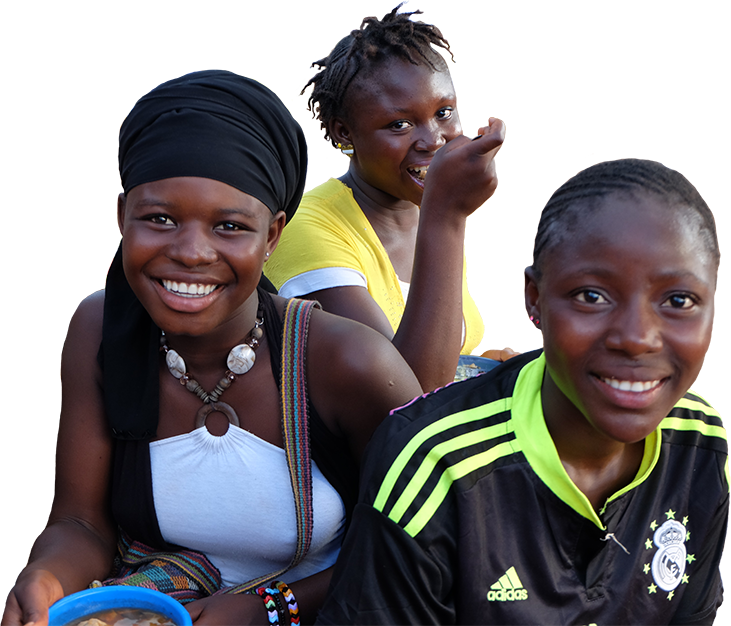Formative research helps us understand the challenges and opportunities that adolescents face, as well as barriers and enablers to behavior change. Routine monitoring is needed to assess progress toward program goals and national targets. Implementation research and evaluations are needed to identify effective approaches. The Adolescent Nutrition Resource Bank includes a variety of protocols and tools for monitoring, evaluating, and researching adolescent nutrition. If you have relevant monitoring, evaluation, or research resources, please send them to info@advancingnutrition.org.
We found 128 resource(s)
Suaahara II Annual Survey: Adolescent Panel Year 3
Assessment Tool published by in
This document is the data collection tool used in Year 3 of the Suaahara project, which focused on expanding health and nutrition services for adolescents in Nepal. The tool addresses respondents' health-related background, integrated nutrition exposure, dietary recall, WASH, social participation, freedom of movement, self-efficacy, social…
UNICEF Guidance Note: Adolescent Participation in UNICEF Monitoring and Evaluation
Guideline/Guidance published by UNICEF in
This is the pilot version of a guidance note on adolescent participation in program monitoring and evaluation (APM&E). The guidance note aims to help UNICEF staff and partners to understand how adolescents can be involved in monitoring and evaluation activities, issues to consider when designing and implementing APM&E activities, and tools…
Handbook for Conducting an Adolescent Health Services Barrier Assessment (AHSBA) with a Focus on Disadvantaged Adolescents
Assessment Tool published by WHO in
This handbook for conducting an adolescent health services barriers assessment discusses how governments can assess health service equity and barriers at national and subnational levels. The handbook focuses on three areas: building in-country capacity to identify barriers, triggering remedial action to address barriers, and focusing on who is…
Global Patterns of Adolescent Fruit, Vegetable, Carbonated Soft Drink, and Fast-Food Consumption: A Meta-Analysis of Global School-Based Student Health Surveys
Journal Article published by Food and Nutrition Bulletin in
This study generated evidence on adolescent diets globally and explored patterns and trends by subpopulation, using data from the Global School-based Student Health Surveys in Africa, Asia, Oceania, and Latin America. The study found that school-going adolescents infrequently consume fruits and vegetables and frequently consume carbonated soft…
Who Is the Woman in Women's Nutrition? A Narrative Review of Evidence and Actions to Support Women's Nutrition Throughout Life
Journal Article published by in
This comprehensive narrative review summarizes the impact and delivery platforms of nutrition-specific and nutrition-sensitive interventions for adolescent girls; nonpregnant, nonlactating WRA; pregnant and lactating women; women with children under age five; and older women. The review has a special focus on nutrition interventions delivered in…
Nutrition in Middle Childhood and Adolescence
Landscape Analysis published by World Bank in
This paper describes adolescent nutrition as a neglected area of research and programming globally. It concludes that integrated adolescent health programs to prevent infection, improve diet quality, and encourage physical activity are necessary to reduce deficiency-related malnutrition while preventing overweight and obesity.
Diet and Eating Practices among Adolescent Girls in Low- and Middle-Income Countries: A Systematic Review
Technical Report published by SPRING in
This report presents an overview of the findings of 288 studies that addressed the diet and eating practices of adolescent girls in low- and middle-income countries (LMICs). The report includes recommendations related to obesity prevention initiatives, school-based policies, and school meal programs.
Participação de Crianças na Aprendizagem e Acção para Nutrição (PCAANS)
Informational Infographic published by Children for Health in
This is a Portuguese-language poster from the Children’s Participation in Action and Learning for Nutrition (PCAANS) project in Mozambique. The poster describes PCAANS, including its key messages.



